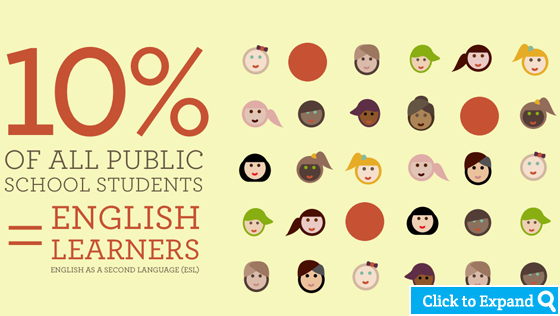Ira Shor
QUOTES
"He urged teachers to encourage students to question their experience in school: 'You must arouse children's curiosity and make them think about school. For example, it's very important to begin the school year with a discussion of why we go to school. Why does the government force us to go to school?'"
I thought this quote was so powerful, and I really like the idea of doing this once I have my own classroom. Most times students will respond by saying "Because they have to be here" or "Because my parents make me." But if you can get them to think beyond this and encourage them to realize how much education can help them in their lives, then they will want to learn and be motivated to do their best. When I was in school I had a similar attitude of "Why am I even learning this" or "when am I ever going to use this". It wasn't until one of my math teachers explained to me how math (and other subjects) can be applied to other institutions and in everyday lives. When I understood this concept I was more apt to pay attention and learn.
"In making these choices, many teachers are unhappy with the limits of the traditional curriculum and do what they can to teach creatively and critically."
I chose this quote because I believe more teachers need to be doing this, teaching creatively and critically. With so much pressure from the state and town boards of education, teachers are feeling pressed to stick to the strict, boring, and dry curriculum set out for them. A good teacher takes the curriculum and molds it into something creative and effective for the students. Being a good teacher means breaking the mold and pushing the boundary. It is sad, to me, to think that teachers are discouraged from deviating from the system and being creative. How are students expected to be creative when their teachers themselves cannot be. Creativity creates an open stage for learning, and opportunities for students to have "self-discoveries" about their education and the topics they are studying.
"A curriculum that avoids questioning school and society is not, as is commonly supposed, politically neutral. It cuts off the students' development as critical thinkers about their world."
I really like this quote, and I agree with what it is saying. Students need to be exposed to the world around them. Not all families discuss current events at home, and schools should give the opportunities for students to be exposed to it. Students who graduate who know little about what is happening in the world they live in are ones that have been failed by their school system. How can a student be a contributing member to a community when they are unaware of the issues and events occurring around them. Teachers should allow time for current national and global issues within their class. It is possible, believe it or not, to incorporate this aspect of class to the traditional curriculum which is mandated. I think schools play it safe, to avoid debates and outbreaks, by avoiding certain topics all together.
http://www.dailytargum.com/article/2014/11/professors-integrate-current-events-into-curriculum





